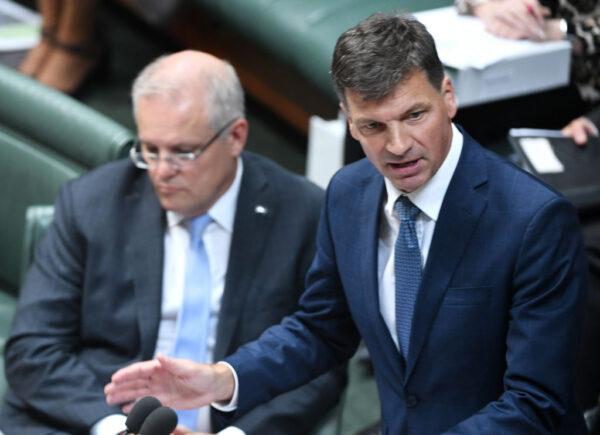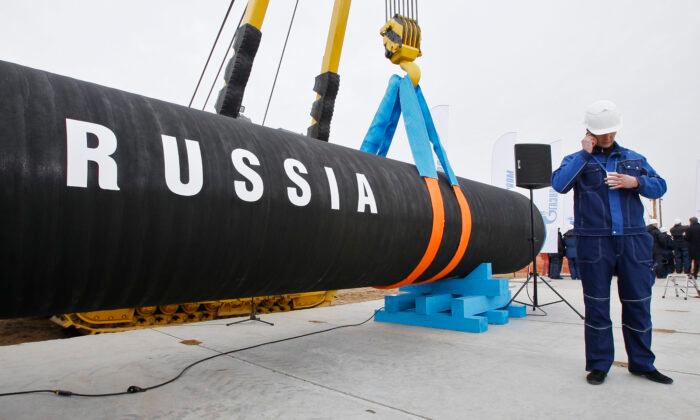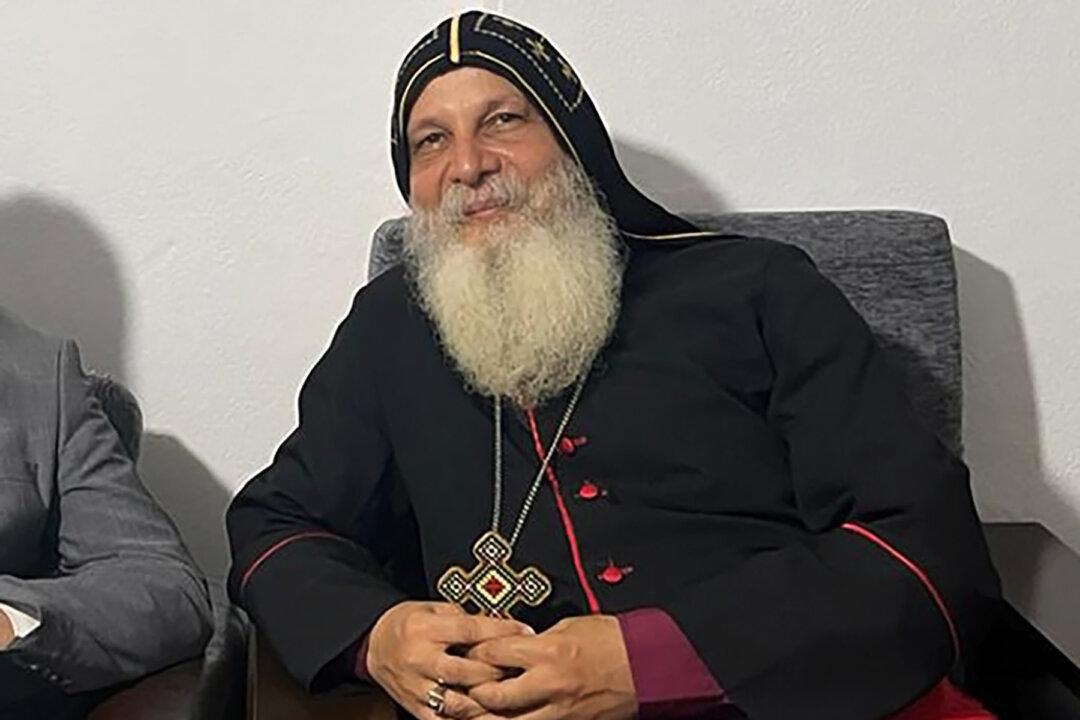The Australian government is monitoring international energy markets after Russian President Vladimir Putin announced a “special military operation” in Ukraine and signalling the intent to move troops into the country.
The latest move follows weeks of international opposition to Putin’s amassing of troops on the border and the recognition of two breakaway regions in eastern Ukraine, Donetsk, and Luhansk.
Australia’s Minister for Industry and Energy Angus Taylor said the country had adequate fuel supplies to meet domestic demand despite the global disruptions.
“The situation between Russia and Ukraine has added to global oil price pressures, which are being experienced right around the world. We understand that as a result of this, many Australian families and businesses are feeling this at the pump when they go to fill up their vehicle,” Taylor said in a statement.
“While we cannot control these international price spikes, we are closely monitoring the situation with the International Energy Agency (IEA) and the United States and stand ready to take action to help alleviate these pressures.
“With the measures, we’ve taken in government to strengthen our national sovereignty, our strong international partnerships and diverse supply chains, I am confident Australia is well supplied to keep us moving.”

He said Australia was working with other IEA member countries to contribute to the United States Strategic Petroleum and reassured global markets that LNG supplies would not be affected.
The Australian government has been working to shore up its domestic fuel supplies over the last few years as increasing global tensions—including with Beijing—have contributed to concerns supply chains could be cut.
Increasing globalisation, rising competition from Asia, and a focus on cheap “just-in-time”-style supply chains have left the country’s emergency reserves dangerously low.
In response to the ongoing tensions involving the Ukrainian border, European nations have been forced to endure rising energy prices. Russia is the biggest supplier of oil, natural gas and hard coal to Europe.






Friends Read Free